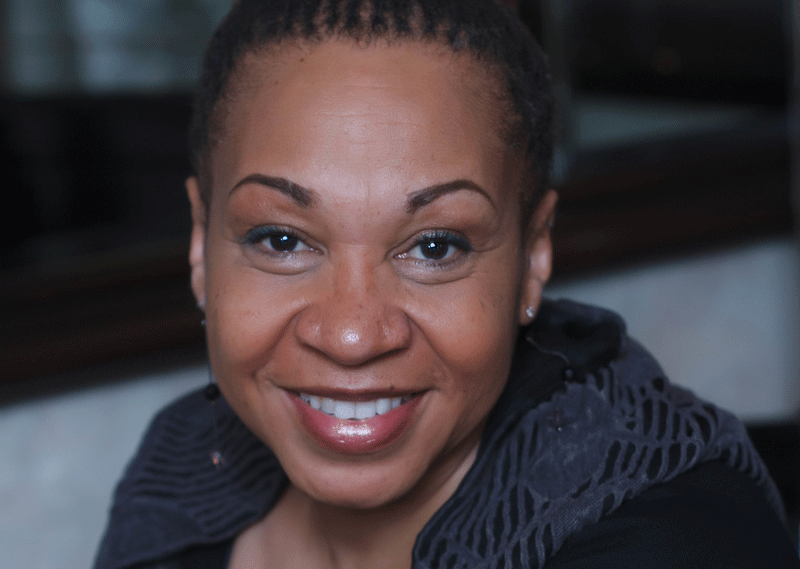Black Student Union Hosts Keynote Address on Post-Traumatic Slave Syndrome
“Post-traumatic slave syndrome”: DeGruy spoke to the audience about the need to better educate students on the topic of slavery in American history.
Assistant Professor of Research at Portland State University Dr. Joy DeGruy spoke to a collective body of Colgate students and professors on February 11 on the concept of post-traumatic slave syndrome. The Black Student Union (BSU) invited DeGruy to Colgate as the organization’s keynote speaker for black history month. Titling her lecture, “Post-Traumatic Slave Syndrome: America’s Legacy of Enduring Injury and Healing,” DeGruy condensed a ten-week graduate level course into a 75-minute lecture.
DeGruy approaches her research regarding social work through the intersectional lens of mental health and social justice. She bases her principle of Post-Traumatic Slave Syndrome upon the 339 years of chattel slavery within America and its resultant generations of consequences.
“What I’m going to share with you is what’s been left out of your textbooks,” DeGruy said.
Within the first few minutes of her lecture, DeGruy contextualized the history of slavery within the broader extent of miseducation that surrounds the subject. She pointed out the hypocrisy within America that exists between the broad efforts devoted to the education of certain periods of human degradation, such as the Holocaust, yet the glaring absence of slavery education – a different, albeit equivalent, manifestation of horrific racial degradation. Citing social learning theory, DeGruy pointed out the danger inherent in generations of miseducation for both black and white Americans, namely that the repeated act of children learning from misinformed parents only perpetuates past negligence and ignorance.
“It’s the secrets that make us sick,” DeGruy said.
Referring to her clinical work and research regarding the results of chattel slavery, DeGruy urged truthfulness as the solution to current modes of racial understanding. She argued that America’s complete and unrestrained embrace of truthfulness will begin to heal the generations of sanitized history that have resulted in widespread ignorance and denial of black degradation. She contended that this truthfulness must manifest itself through the proper education of slavery within American schools, starting at the elementary level. Currently the lack of education on the topic only serves to prolong the process of healing. Relating her theory to the more broadly understood concept of post-traumatic stress disorder, DeGruy noted that healing can only start when people begin dismantling social constructs that obstruct the realization of slavery’s generational consequences.
“Dr. DeGruy’s lecture was amazing. As a woman of color her talk really inspired me. Her lecture left me thinking and wanting for more. I plan on buying her book!” sophomore Antoinette Nwabunnia said.
Reflecting upon the lecture, Antoinette Nwabunnia mentioned the degree of inspiration woven throughout DeGruy’s lecture.
Addressing hundreds of years of ignorance, DeGruy consistently posited the solution of proper education on slavery, a solution not only plausible but also attainable . Dismissing the false notion that black history should remain on the periphery of educational efforts due to its obscurity, DeGruy emphatically concluded that black history must be integrated into the education of American history.







